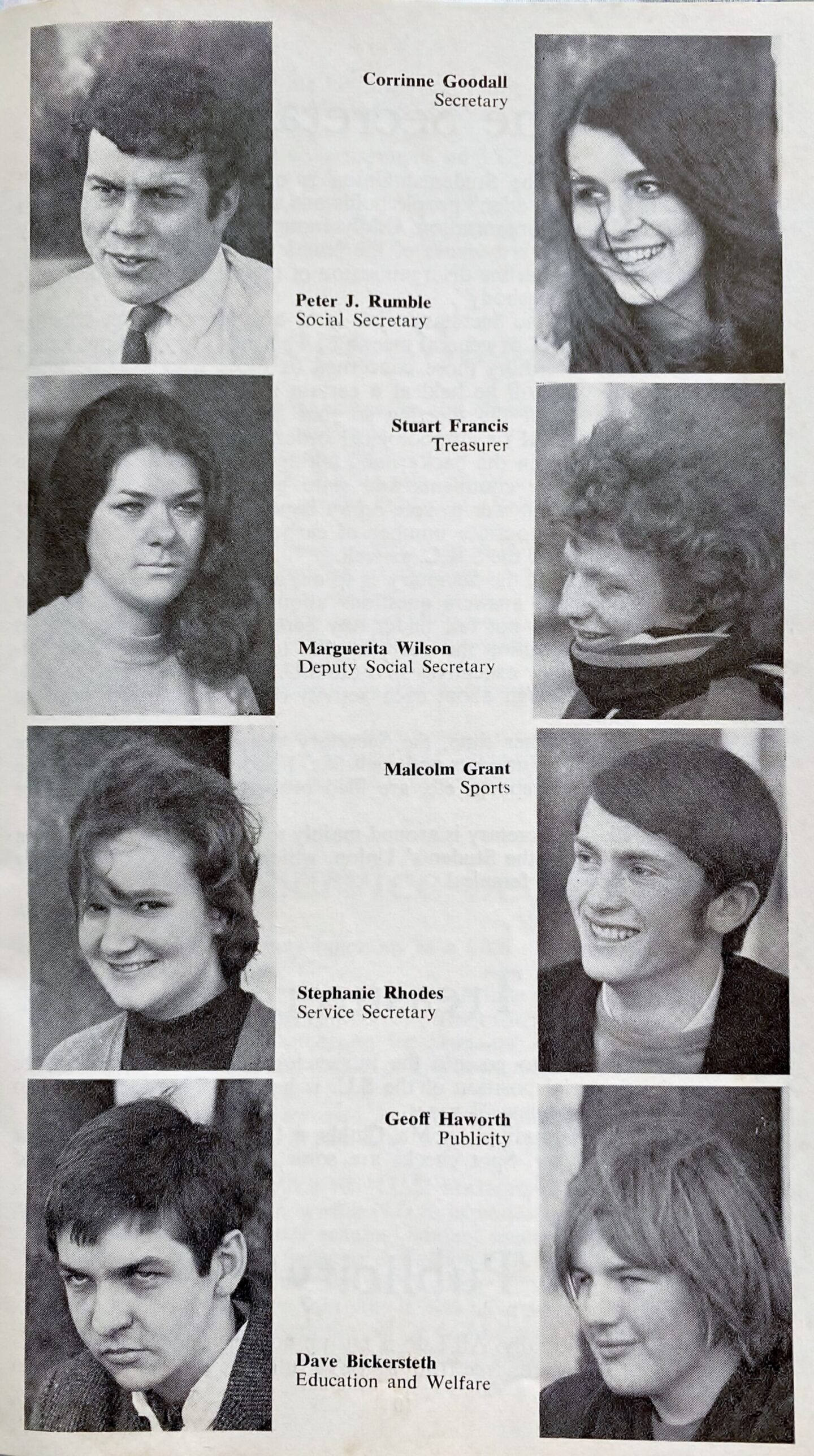Well, our Covid life goes on, doesn’t it? I said in the previous post about my rural past that I’d do another about a fatal attraction for farmers? Well, here you are. Now, if anyone who appears in this ever reads it, apologies in advance, I was young, foolish and it was, like, gulp, fifty years ago.

So, I said my parents were rackety, yes? Well, the rural idyll in Oxfordshire described previously was rudely interrupted by their decision to move up north, to Macclesfield. I can’t be bothered explaining why. We lived in two houses up there, then, next thing I knew, they were moving down south again, to Cliddesden, a little village outside Basingstoke. The M3 has since cut its way between the village and the town, and it is now very up-market. Back then, in 1968, Cliddesden was still a proper village dominated by Manor Farm at one end, a shop and post office, church, garage, pub, duck-pond, a school and about three buses a day into the town.
It was June, I was 18/19, and had just returned home after my first year at the Lanchester Polytechnic (now Coventry University) doing a degree called Modern Studies, which I was not enjoying – again, don’t ask me why or how I got there. It was politics, economics, international relations etc. I didn’t like Coventry, the Poly or any of it. I knew I’d performed poorly in my exams and was feeling a bit discouraged and anxious about the future.
The parents lived in a very attractive, but as usual for them, distinctly dilapidated old house called The Vine House, opposite the pub. It really did have a vine – an ancient, gnarled, neglected monster that lived in a crumbling glass house that covered one wall of the property. I took on the job of caring for it, pruning with a long pole cutter, teetering on a stepladder to thin out bunches of grapes, feeding it dried blood or whatever.

The parents were at peak dog by then – I shudder to think how many, barking all round the place in wonky kennels and runs cobbled up by my Dad. My mother had become an internationally known judge of dachshunds, travelling to the US, Kenya, South Africa. Our dogs were sold at premium prices to celebs – I remember Claudette Colbert got one, as did Alan J Lerner, of Lerner and Loewe. We had a live-in kennel maid, Pam, who had a learning disability… my mother did not treat her well.


Shortly after my return, my mother, who was also, wouldn’t you guess, big in the local Conservative Association, asked me to take a cake for the Conservative Garden Party up to Manor Farm. (I was by then already a socialist and a feminist. Remind me to tell you about the dreadful Saturday lunches with the then MP, David Mitchell, father of ‘pleb-gate’ Andrew Mitchell). I can even remember what I was wearing that day. From Chelsea Girl in Coventry, mini skirt, skinny-rib sleeveless polo neck top tucked into the skirt, white patent chunky sandals. So sixties. At the farm house – a lovely old place, see below, I knocked on the door, and to my astonishment, it was opened by a boy of my own age, Richard, the farmer’s son, just back from a stint farming in New Zealand. I’d never met him before. His mother, Mrs H, was ironing in the big farm kitchen. Much more about her later. By the time I’d handed over the cake, chatted with Richard in the hall and set off back down the road, I just knew he’d ring and ask me out, and before I’d got home I’d decided that my future was now sorted. I would marry him and be the farmer’s wife.

Well, the first bit came true – the phone was ringing by the time I reached our front door. We had a nice time together over that summer, but although I obviously concealed my Great Plan, I expect he guessed. Old-style boys were psychic like that, ready to run like startled rabbits at the first whiff of Commitment. We did swear eternal devotion to each other – but hell, we were very young. Richard was an attractive, confident boy, suntanned, with glossy dark hair and an appealing air of sophistication – he’d been living abroad. I didn’t really know him at all. I guess he was unhappy. He didn’t get on with his father and like many farmers’ sons, felt trapped by the future that was set out for him and also thought he could run the business better than his parents. Sorry, I don’t have a photo of him, I did have a nice one of us at a Young Farmers’ do, but stupidly, I destroyed all my early diaries and suchlike before I married my first husband.
Naturally, my mother thought Richard was Very Suitable, but my father didn’t like him. ‘for God’s sake, girl, stop mooning over that stupid boy’, ‘too cocky’, ‘too wild’, ‘he’s got a side to him I don’t like’, (whatever that meant). Well, OK maybe he was a bit wild – drank a bit too much and drove too fast – but nothing I felt I couldn’t handle.
Next, I got a letter from the Poly saying I’d need to do two exam re-sits in the auturmn. I was already worried about going away again and leaving Richard to the sirens in the Young Farmers, but I knew it would cut no ice with my parents if I said I didn’t want to go back. So, readers, I destroyed the letter and told everyone – and I mean absolutely everyone, right up until the present day – that I’d done so badly they’d asked me to leave. To my relief, the parents believed me and were too preoccupied with their own goings-on to make further enquiries.
Meanwhile, I’d been studying Mrs H. She was a very busy and successful woman. Firstly, she ran the business side of the farm and looked after the employment of the farm workers. In those days farms employed many people, and one or two still lived in tied cottages. In addition, she was President of the local Women’s Institute (Eek – what’s that about…), a Marriage Guidance counsellor (double eek) and a Magistrate (well, at least that’s one thing I’ve never done, although in Birmingham I thought about it!).
Running a business? Employees? Hmm. I found, and enrolled myself, on the best business studies course I could find within daily travelling distance of home – at Farnborough Technical College. I opted to specialise in personnel management. You may ask, how did I get another grant? Well, easily. In those days they threw out grant money like confetti. Did the education authority check my story? No. In Coventry I’d been very well-off, and even living at home I had enough money to keep the parents quiet by paying them rent.
So, September came, I started at Farnborough, but oh horrors, things soon unravelled with Richard. We were both too young, he probably didn’t like that I could just apparently choose what I wanted to do, he may have rumbled the Great Plan, my parents were too dodgy, and I had lost my big-city student appeal. One evening I saw him from my bedroom window, across the road in the pub bar with another girl. Urgh. Broken-hearted didn’t describe it.
What had I done? At first, I could barely drag myself to Farnborough, and wept every day on the train from Basingstoke, but after a few miserable weeks I made some good friends and became involved in the Students’ Union. By the end, I loved it. I was editor of the Student Mag, and the NUS representative, organising student sit-ins (de rigeur in those days), hob-nobbing with the likes of Jack Straw at student conferences. I also did very well at the work, and even passed my professional personnel exams. However, I had no interest in going out with another boy all the time I was there..

Here is the whole page from the Student Handbook… look at us!
After the course finished I shared a flat in London with two of my Farnborough friends, and my life changed. I never saw Richard again, and heard little, because of course, my parents soon moved house yet again…
Finally, remembering my closest friend from Farnborough, who does not appear in that picture. Lizzie Rutherford-Little (Illari), who died from cancer in February 2020 at her home in Perth, Australia.
